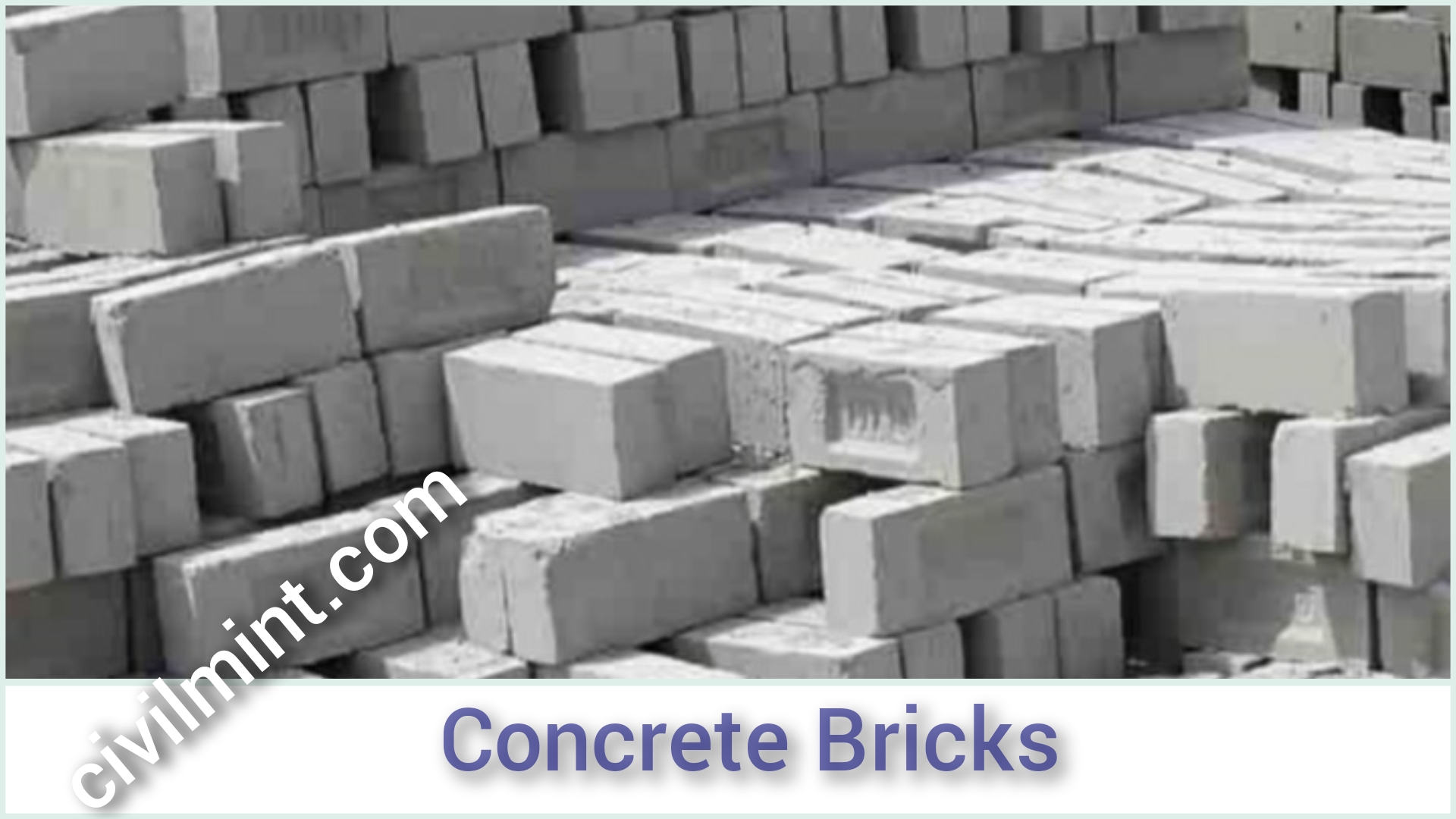Table of Contents
What Is Concrete Brick?
Concrete brick is made from solid concrete. Concrete bricks have high strength compared to traditional clay bricks. They come in various styles and colors, making them highly desirable among homeowners.

These types of bricks are a popular option for covering the facade of homes, building fences, and enhancing the exterior’s overall beauty. Concrete bricks looks beautiful.
Compared to regular bricks, concrete bricks tend to be a better insulation option, effectively muting traffic, airplane noise, and other outside noises. They also provide better fire protection, require less exterior home maintenance, and can result in lower energy bills.
Concrete bricks are available in various styles, including smooth, rough, textured, glossy, sandblasted, or stone finish, with the option of customization according to a consumer’s specifications. They also come in hundreds of different colors.
While professional installation of concrete brick is usually necessary, modern non-mortar brick can be installed by anyone with elementary carpentry skills. Non-mortar brick does not require any type of mortar and instead fits snugly inside of each other, creating a solid structure.
While concrete bricks may cost more to install than other materials, they tend to last a lot longer, up to twelve years, and mature with age, creating a timeless look. However, they are not indestructible, and after a certain length of time, some bricks may need to be replaced individually.
Despite their positive aspects, there are also some negative aspects to consider. Concrete may shrink after installation, resulting in gaps between bricks that can allow outside water to seep into a home. Also, there is no way to prevent color from leaking out of concrete, which may result in faded bricks.
Types Of Concrete Bricks
There are different types of concrete bricks used in the construction industry. Let’s take a look at these types and their characteristics:
1. Dense Concrete Bricks:
Dense concrete bricks are known for their high level of strength, making them suitable for use in load-bearing walls and foundations. However, they have a weak level of thermal insulation and can easily absorb water.
2. Lightweight Concrete Bricks:
As compared to dense concrete bricks, lightweight concrete bricks offer a lighter option. Although they offer a lower level of strength, they make up for it with better thermal insulation and lighter weight. Lightweight concrete bricks are also easy to decorate with dry lining.
3. Aerated Concrete Bricks:
Aerated concrete bricks are the lightest option available, with a high percentage of air content. They are suitable for use in a variety of smaller buildings and non-load-bearing elements of larger buildings. Additionally, they offer a good level of thermal insulation.
4. Concrete Common Bricks:
These general-purpose concrete bricks come in different colours and textures. Common bricks are typically used for hidden applications rather than visible ones such as outer walls. They can be installed above or below a damp-proof course membrane.
5. Hollow Concrete Bricks:
Hollow concrete bricks are used when building the strongest walls and buildings. These bricks have a solid exterior with large holes in the center, which can be reinforced with steel and poured concrete to create sturdy and consistent constructions.
It’s important to choose the right type of concrete brick based on the intended use and required properties.
Advantages And Disadvantages Of Concrete Bricks
Advantages of Concrete Bricks:
- Durability and strength.
- Low maintenance requirements.
- Energy efficiency and thermal insulation.
- Quick installation process.
- Versatility in terms of size, shape, and color.
Disadvantages of Concrete Bricks:
- Higher cost compared to other building materials.
- May not be as visually appealing as other options.
- Negative environmental impact during manufacturing and raw material extraction.
